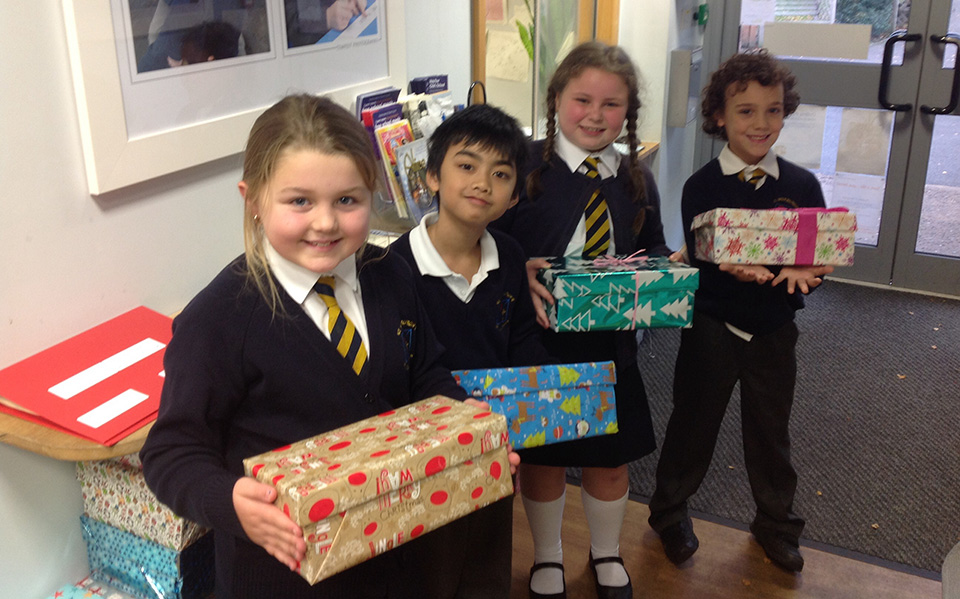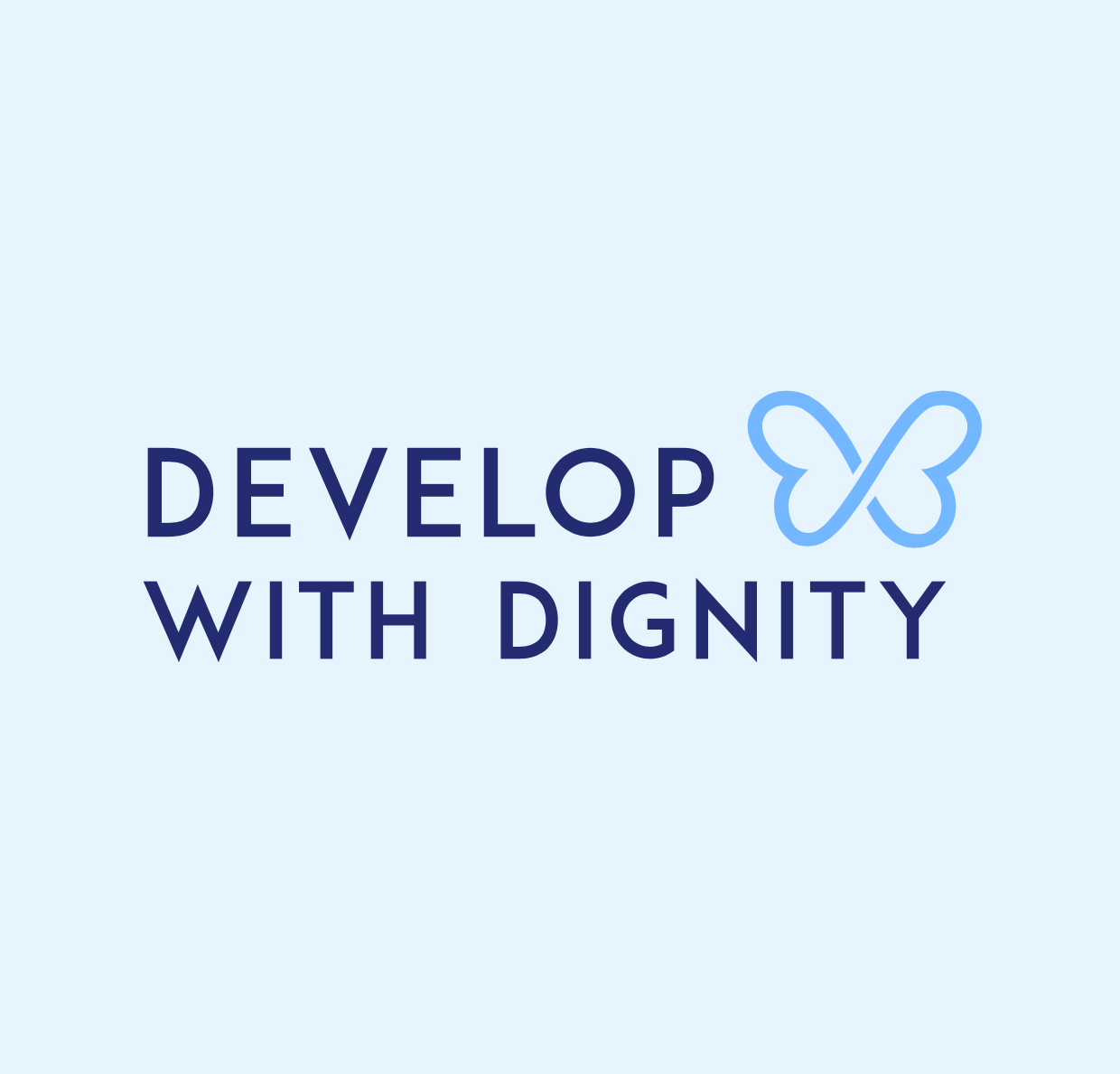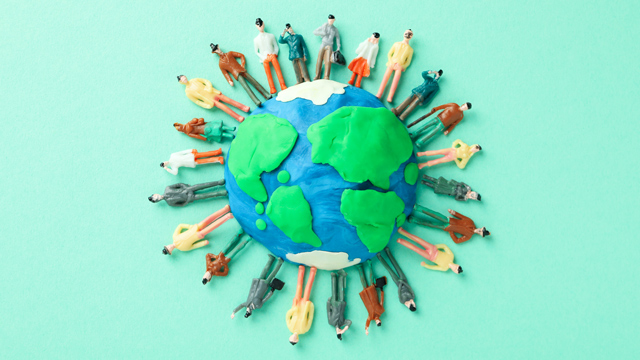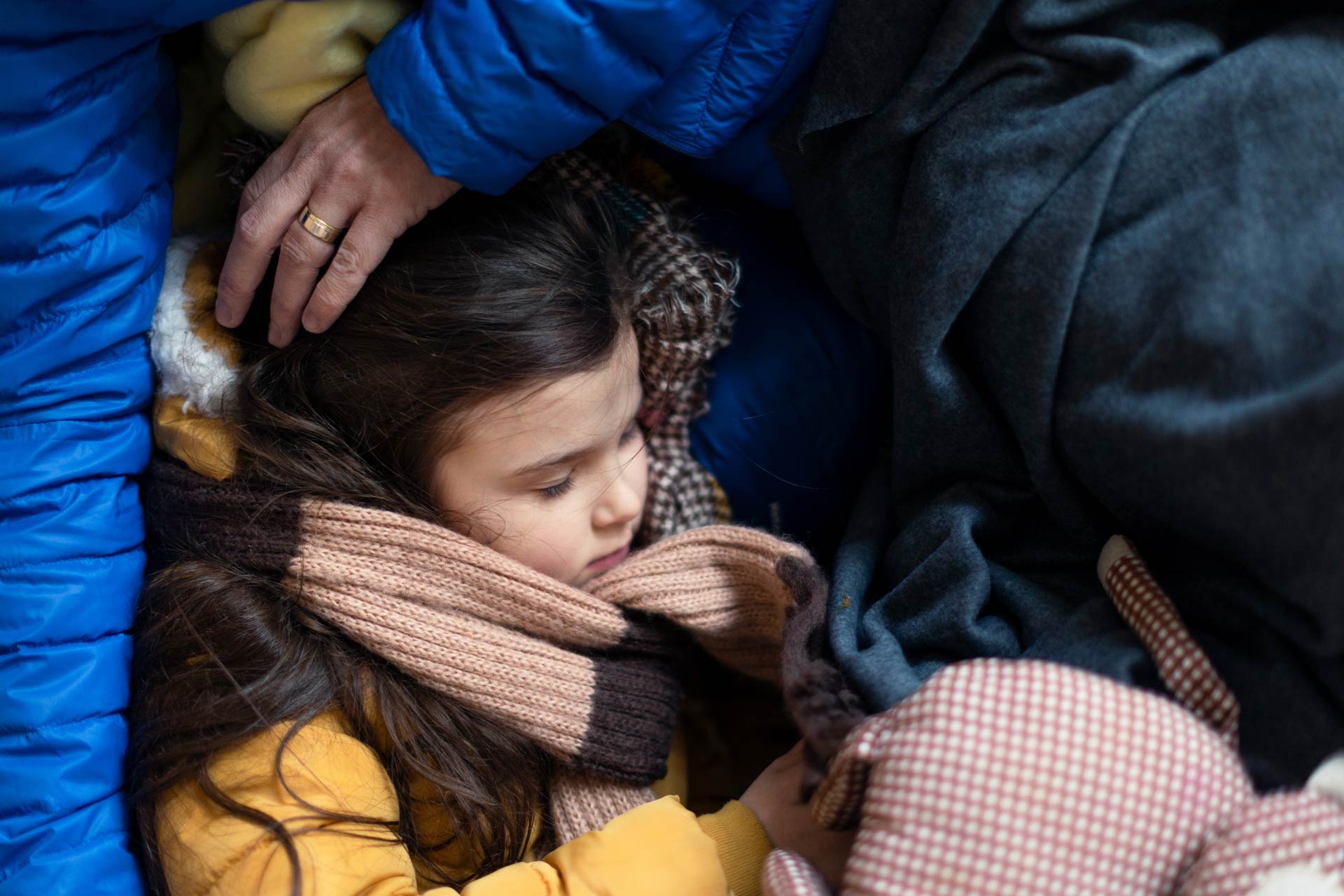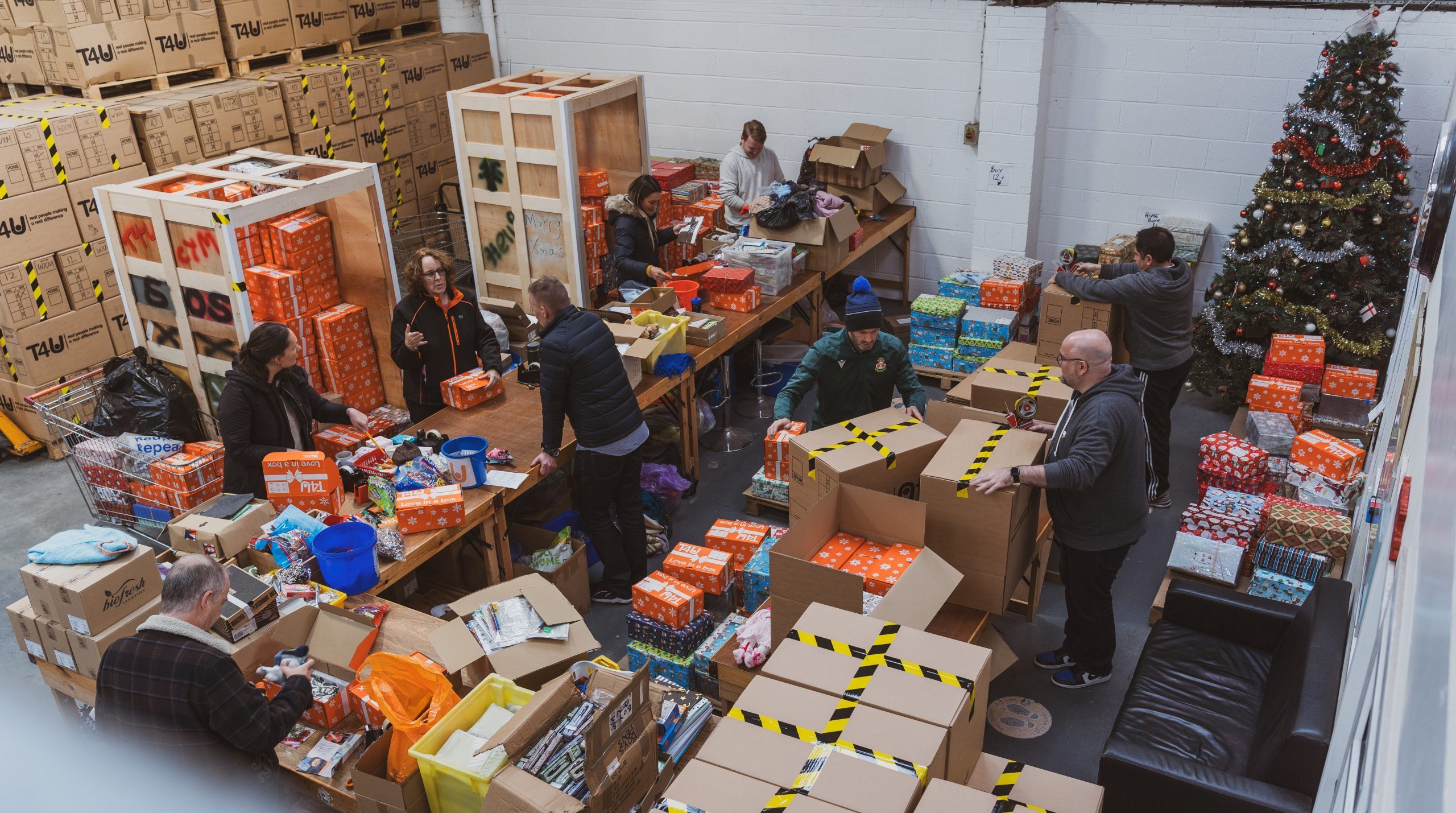
Where did it go?
Our humanitarian aid went to Suceava, Romania, approximately 20minutes from the Southern border with Ukraine.
Here a team from the university packs it up for distribution to refugees in Romania or to go across the border, either to displaced people or directly to conflict zones.
Part of the aid goes to Sange Pentru Romania, also based in Suceava, who send it into the occupied territories in the east of Ukraine.
“I think the situation in Ukraine is unknown. Our partners, and the organisations we are working with, are doing an amazing job, without tiring. At this moment, it is purely a relief response. Keeping children, families alive, and supporting them with their basic needs.”
Dave Cooke, Founder
Free Shop for Refugees, Romania
Through the university, our partners have set up a temporary ‘shop’, re-stocked daily, where refugees can select 10 items for free every day. Assisted by our humanitarian aid, the shop is brimmed with food, nappies, toiletries, first aid, and all the essentials families may need when they’ve crossed the border.

We got the job of stocking the sweet shelves. The doors opened and the children charged to grab their lollipops and haribo. As their parents filed for pasta and shampoo, the children would head to the colouring desks. I watched this little girl, maybe 6 years old, draw pictures in a red crayon. Pictures of her wardrobe, her bed, the toilet – of the home she left behind. One of the volunteers watched in tears as this girl drew her pictures saying goodbye.
Dave Cooke
“This is more than a shop, the children will be here, not only to take something. They are here to play, to meet each other, to smile. To even be happy, in this war time.”
Romanian Volunteer
The shop is a vital resource for 70-100 refugees each day. Many on their journey to other parts of Europe, some waiting in Suceava in the hope they’ll return home soon.
Direct to the Frontline
Through donations, we were able to transport 46 hospital beds donated from Medstrom, a leading UK manufacturer and provider to the NHS, to a hospital in Kyiv.




Bravery without Limit
The team met two ladies in their early 20s, who risk their lives taking our aid to the front line.
They travel in their own van, sometimes changing vehicle for security reasons, to the warehouse in Suceava, pack up food, bandages, first aid, painkillers etc. and go across the Romanian border to supply Ukrainian soldiers.
I can’t imagine what it must be like for them, doing that day in, day out, backwards, and forwards. It’s pure dedication to support those who are suffering.
Dave Cooke
Magala Children’s Orphanage, Ukraine
Probably one of the worst ever children’s centres, or orphanage, I’ve visited in the 30 years of my experience. Thinking of the past, of Blon in Belarus; in Romania visiting the orphanages after Ceaușescu’s regime fell, it was horrendous. I never thought I’d see anything like that ever again.
Dave Cooke
The team were taken to visit a children’s home in a district in the South of Ukraine, for orphans with physical and/or learning disabilities. However, due to the conflict, 44 additional children have been evacuated there from other centres.
The staff simply couldn’t cope. Before the war, there were 10 children living here to 15 staff. Now, there are 54 with the same level of staffing. It must be impossible. If it had not been for Serena providing them with our aid – with food, nappies, wipes, first aid – I can’t even think what the situation would be.
Mimo Muia, Volunteer

Displaced Women’s Shelter, Ukraine
The team were taken to visit an old children’s nursery converted into a shelter for women and families evacuated from conflict zones.
Each room had 2-3 families sleeping on mattresses on the floor, some with babies and young children, others with older children trying to complete schooling online, and one room housed young women of university age, also trying to carry on their studies online.
Most of them have husbands and sons fighting in the war, speaking to them regularly but no idea where they are. Not sure if they have homes to go back to, but not wanting to leave.
They have to cook with whatever help they’re given, with no idea how long they will have to stay here.
Simon Cooke
What’s needed now?
We are still collecting physical aid, throughout the UK, until the end of April.
Long term we will look to send specialist aid, and for ways to support the children’s home with the sensory and physio equipment these children so desperately need.
Additionally, we will continue to provide food relief through our partners Tetiana in Ukraine, and Alex in Moldova.
Lastly, though we hope to see an end to the war soon, we will provide Christmas shoeboxes to refugees and displaced families through our networks in Suceava, Romania; Moldova; and Ukraine.
